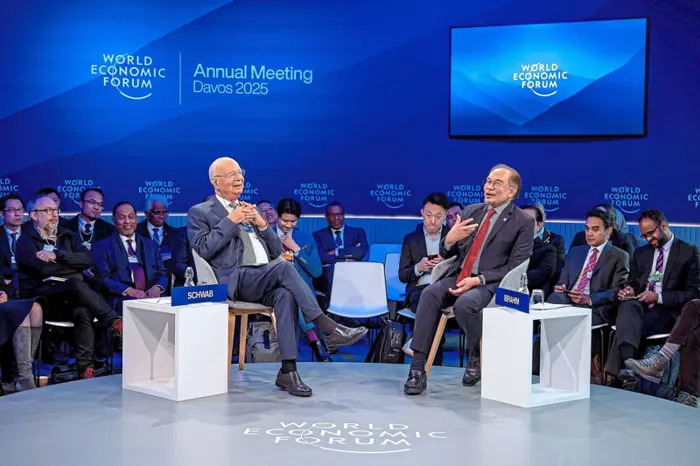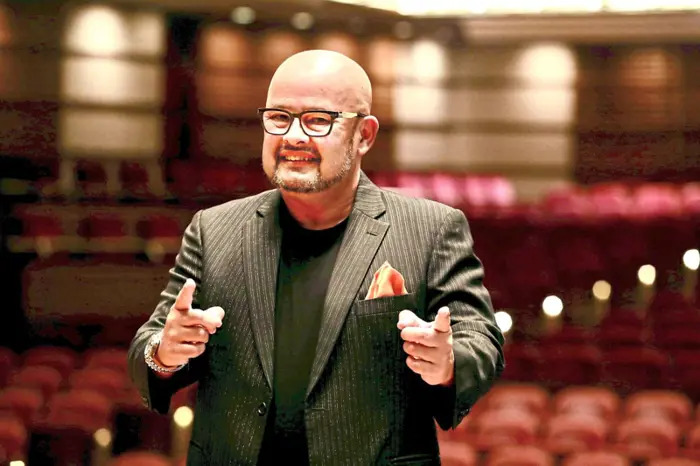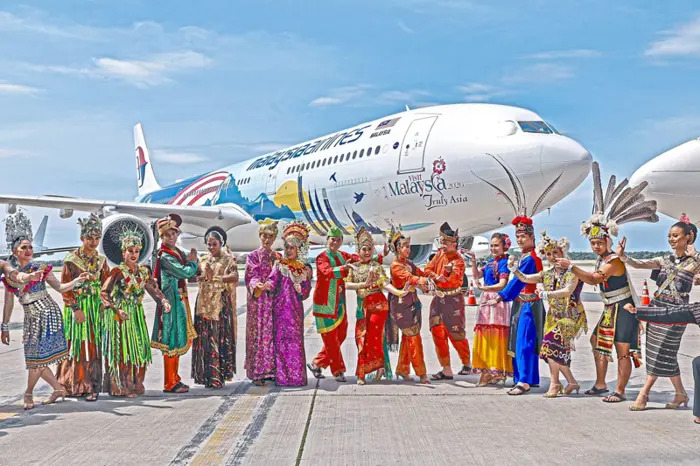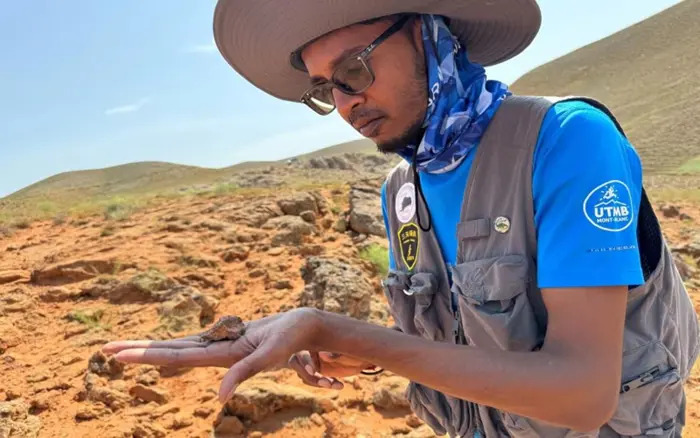
KUALA LUMPUR, Feb 6 (Bernama) – There will be over 300 meetings of all levels involving ASEAN member countries this year which Malaysia will play host.
So, it’s inequitable for anyone to write off Malaysia’s ASEAN Chairmanship by claiming that the expectation of Malaysia as the 2025 leader of ASEAN “may be hard to fulfil” and the chairmanship “risks the potential of being too much about Anwar, and not enough about ASEAN.”
There is still a full year ahead, so let’s not be too quick to make judgements with little sound arguments but plenty of prejudices.
But this was the preamble to an article by political scientist Bridget Welsh entitled “Malaysia’s ASEAN Chairmanship is off to a disappointing start”, which was recently published in the Jakarta Post.
Her assumption was based on the recent ASEAN Foreign Ministers’ Retreat in Langkawi last month, which she claimed had little meat, but surely it is a premature premise.
Let’s take a hard look at the candidacy of Malaysia as the ASEAN Chair. We have experience, diplomatic balance, economic leadership and proven commitment to regional stability.
This country is a founding member of ASEAN and has chaired the intergovernmental organisation multiple times, with the last in 2015. We played a key role in the setting up of the ASEAN community, which has stayed intact.
Malaysia also has a track record of effective leadership and has managed to balance regional interests with global powers like the United States, China, the European Union and Japan.
Certainly, we have handled the claims over the South China Sea islands very well, without running into conflicts, and have managed the tensions maturely. Let’s give credit to Prime Minister Datuk Seri Anwar Ibrahim and Wisma Putra.
We remained committed to regional security and stability, particularly counter-terrorism, cyber security and maritime security in ASEAN.
For sure, Malaysia, as the Chairman of ASEAN, understands the seriousness and impact of the global scam economy, which operates along Myanmar, Cambodia and Laos.
In fact, more than 500 Malaysians have been rescued from scam centres since 2022.
Myanmar is the elephant in the room for ASEAN. That is precisely why the Government has appointed an experienced diplomat, Tan Sri Othman Hashim, as its Special Envoy to Myanmar.
It’s a tough job as his responsibilities include dealing with the various heavily armed feuding groups, headed by powerful warlords, in Myanmar.
He must bring home Malaysians trapped as scam victims, as well as address ways to end violence by the government junta against the local population.
It would be naïve to assume that Malaysia, or ASEAN, does not take this issue seriously.
Malaysia alone cannot resolve the issue in Myanmar and it needs the backing of Thailand, especially, as it shares the borders with these countries, which are also ASEAN members.
It’s easy to criticise the appointment of former Thai Prime Minister Thaksin Shinawatra, as an informal adviser of Anwar on ASEAN, but no one can dispute the Thai leader’s deep understanding of the region, including the complex Myanmar issue.
We are talking of a powerful personality with deep influences in the region, as well as global players, and he will certainly be helpful in playing a backroom role in supporting Malaysia, as the chairman of ASEAN.
Credit must be given to Anwar for his readiness to reach out to the old-timers like Thaksin and former Singapore Foreign Minister George Yeo. As they no longer hold official positions, they are in a better position to provide advice without their hands being tied.
US President Donald Trump has a record of disinterest in ASEAN, and no one is sure if he will turn up for the ASEAN Summit, scheduled in October, but his shadows certainly loom wide.
The US policies have had a tremendous impact on the world, and that includes ASEAN and Malaysia.
While Welsh has been critical of Malaysia, she has left out that, for the first time, there will be a Summit of ASEAN, Gulf Cooperation Council (GCC) and China, in May.
The GCC countries comprise Bahrain, Kuwait, Oman, Qatar, Saudi Arabia and the United Arab Emirates. Kudos to Wisma Putra for pulling this off.
And why should Anwar be an issue if there is media focus on him as if he is a regional personality and experienced statesman with deep diplomatic and governance experience?
Besides Tun Dr Mahathir Mohamad, who was acknowledged internationally, none of his successors have been able to match his stature. Former premier Datuk Seri Najib Tun Razak is making international news for the wrong reasons.
So, if PMX Anwar can put Malaysia on the world stage for positive reasons, why should he be accused of seeking international attention? The international media will not provide that kind of attention if he does not deserve it and is of no news value.
Anwar’s focus on economic reform in Malaysia, for example, could translate into policies that promote stronger economic ties and trade within ASEAN.
His diplomatic skills could help ASEAN to maintain neutrality and strategic balance – which he repeatedly emphasises.
More importantly, his leadership as the ASEAN Chairman could strengthen ASEAN’s global relevance, with a combined population of 670 million with a total gross domestic product of all ASEAN countries amounting to USD3.67 trillion, while maintaining regional harmony.
Let’s help support Malaysia to be an effective ASEAN Chairman, and not allow anyone to pull us down.










